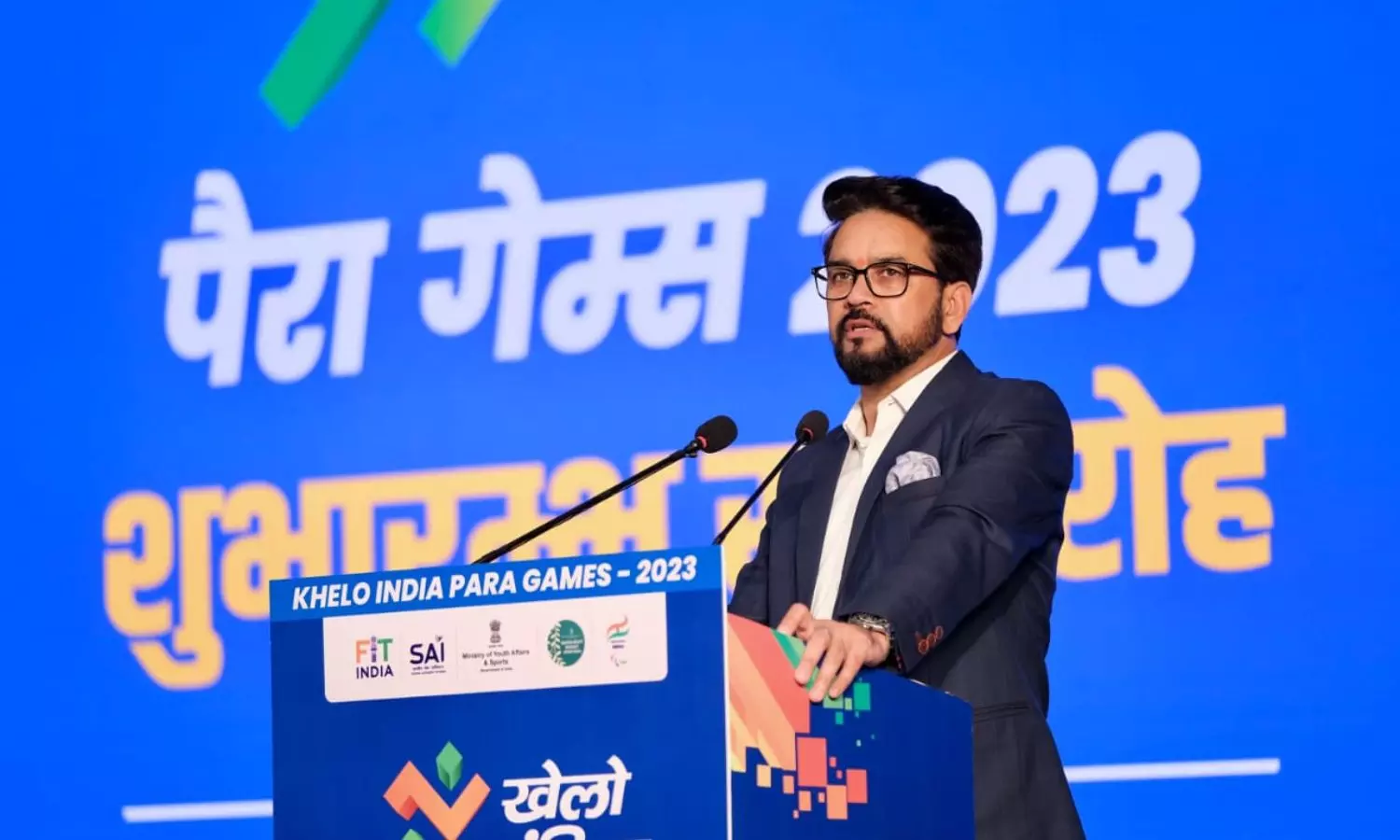Boxing
Supreme Court transfers all BFI election dispute to Delhi High Court
Himachal Pradesh High Court's stay on election process to remain in effect for the next six weeks.

The Supreme Court, on Monday, transferred all litigation pertaining to the Boxing Federation of India (BFI) from the Himachal Pradesh High Court to the Delhi High Court.
This was done to streamline the entire process and ensure that there is no conflicting judicial outcomes.
A apex court bench comprising of justices Surya Kant and N Kotiswar Singh, passed the order stating that all the cases pending at the Himachal Pradesh High Court, including the one filed by former Union Sports Minister Anurag Thakur will be disposed of.
The petitioners will have the liberty to initiate fresh proceedings at the Delhi High Court.
All parties involved in the legal tussle have agreed to the same.
"Ideally, we should have the viewpoint of one high court," the Supreme Court of India said.
The Supreme Court also clarified that the the Himachal Pradesh High Court order, which stayed the BFI election process will continue to stay in force for the next six weeks.
What Happened before?
On March 7, several officials, including Thakur (representing Himachal Pradesh Boxing Association), Larry Kharpran of Meghalaya, Asish Kumar Saha of Tripura, and Delhi state body's Rohit Jain and Neeraj Bhatt, were deemed ineligible to be part of the electoral college.
This determination was made by then-BFI president Ajay Singh and approved by returning officer Justice (Retd) RK Gauba, on grounds that Thakur was not an elected member of the HPBA.
Singh's order effectively restricted electoral representation to only elected members of affiliated state units.
The HPBA challenged this decision, seeking a declaration that the March 7 notification was null and void for being ultra vires the Memorandum of Association of BFI and in violation of the National Sports Development Code of India, 2011.
While a Single Bench initially ruled in favor of Thakur, directing the BFI to extend the nomination deadline, a Division Bench subsequently stayed these orders, citing jurisdictional concerns – a decision that has now been addressed by the Supreme Court's consolidation order.

